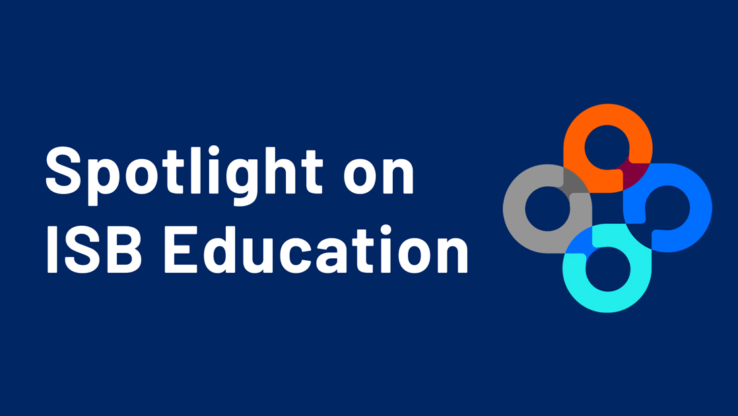Dissecting Mosquitoes is Hard!
 isbscience.org/news/2016/04/29/dissecting-mosquitoes-hard/
isbscience.org/news/2016/04/29/dissecting-mosquitoes-hard/
Photo by Hsiao-Ching Chou
Dr. Kristian Swearingen is a research scientist in the Moritz Lab at ISB. He and his collaborators just published a paper in PLOS Pathogens that describes potential new targets for malaria vaccines. Read his article about the research. Asked about the challenge of having to dissect thousands of mosquitoes, he commented:
When we started this project, my collaborators collected all the parasites and I focused on the mass spectrometry, so I really didn’t appreciate how difficult it is to dissect a mosquito. Since then, I’ve been training to become a parasitologist. Now I can tell you from personal experience that it is not a trivial feat. You have to look at the mosquito under a microscope and use needles to carefully remove the head and squish out the salivary glands, then somehow get the tiny glob of guts into a test tube. It takes me an average of 1 minute per mosquito. The experts are much faster than I am, but it still took a long time to get enough parasites for the experiments.
This is the second proteomics of malaria paper I’ve co-authored with Scott Linder (formerly a post-doc in the lab of Stefan Kappe at CIDResearch and now a professor at Penn State). The collaboration was born over beers at an ISB/CIDResearch joint post-doc social. I was complaining that I had really cool technology but no interesting samples, and Scott said “I have an interesting sample for you!” I had always wanted to work on diseases affecting the developing world, but as an analytical chemist, my research up to that point was focused on technology development. This collaboration finally gave me a chance to work on malaria, and I used that experience to win a training award from the NIH specifically designed to bring technologists like me into the field of biological research. Now I have a chance to make a career out of applying cutting-edge technology to neglected diseases.




